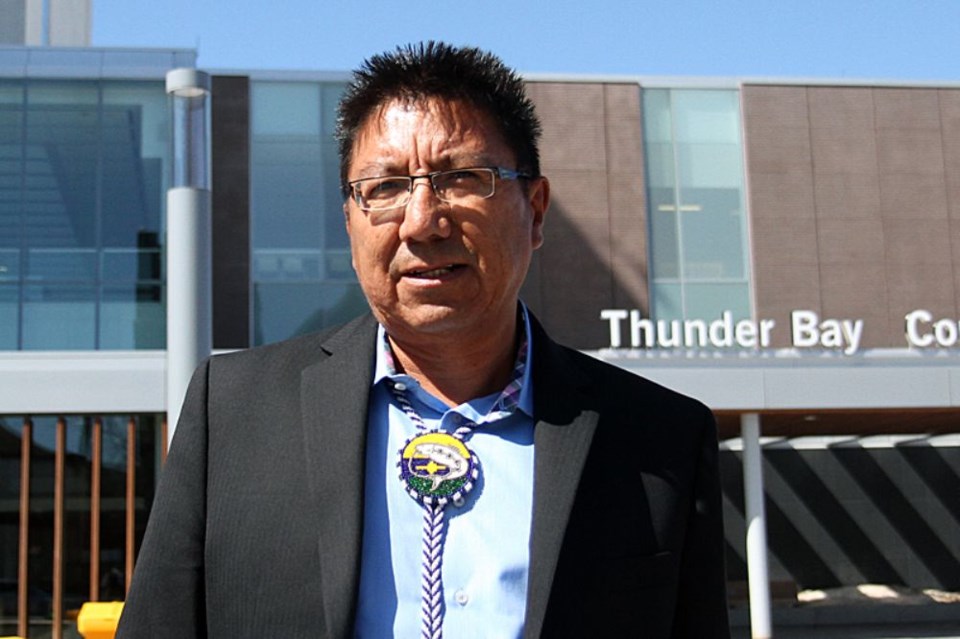THUNDER BAY – The lawyer representing Nishnawbe Aski Nation at the inquest into the deaths of seven Aboriginal youths says the families believe “their deaths are less important than others to this system.”
Julian Falconer told a coroner’s inquest hearing that he believed the inclusion of racism and the quality of the Thunder Bay Police Service’s investigations into the missing youth should be explicitly included in the scope of the inquest, to prove the process is committed to fully discover what led to the deaths.
Lawyers for parties with standing in the inquest made submissions during a hearing at the Thunder Bay Courthouse on Tuesday, arguing to provide clarity to the focus of future proceedings into the deaths of Jethro Anderson, Curran Strang, Paul Panacheese, Robyn Harper, Reggie Bushie, Kyle Morriseau and Jordan Wabasse.
“An inquest is supposed to examine the circumstances of each death and to formulate, based on the findings of each death, to make recommendations to prevent similar deaths in the future,” NAN deputy grand chief Alvin Fiddler said in a media interview outside the courthouse during an early afternoon break.
“You can only do that if you’re given the opportunity to examine the broader issues we say need to be examined.”
The hearing began in the morning with Christa Big Canoe, a lawyer representing the families, urging presiding coroner Dr. David Eden to allow the effects of racism and how city police reacted and conducted investigations of the missing students.
Big Canoe said families received minimal communication from police and found investigations to be lacking. She added the perceived shortcomings from the investigation into the disappearance of the first student, Anderson, to be still present more than 10 years later when Wabasse went missing.
Falconer made his submissions next and told the hearing racism is widespread throughout the city and contributes to First Nations youth feeling alienated, isolated and harms their self-worth.
“We know for a fact almost all of these students that come to high school here in Thunder Bay experience it on almost every day of their lives. I was one of those kids who went to high school here in Thunder Bay,” Fiddler said.
“We experience it on the streets, in the mall, in stores and we experience it in the police station as well.”
Falconer told Eden the inquest would not do justice to the families and future students if relevant subject matter is not thoroughly examined.
“If ever there was a case for broadly addressing racism suffered by youth it is the case,” he told the court.
Fiddler said examining the investigations is not meant to pass blame.
“We are not pointing fingers at anyone. What we’re saying is that we need to examine all aspects of the case including the police, Northern Nishnawbe Education Council, NAN, the city and the government,” Fiddler said.
“All of us have a role in these deaths and all of us have responsibility to come up with appropriate solutions to prevent other deaths in the future.”
The city and police service are said to be against expanding the scope, with the city believing racism is already included as a form of discrimination.
Lawyers for both parties are to make their submissions later in the afternoon.
The deaths of the seven students has already had an impact on families making the decision to send their children to the city for education.
“There’s always that apprehension from the families every fall. They look for other options besides Thunder Bay but if they make that decision to send their sons and daughters to Thunder Bay there’s always that fear and apprehension that something will happen,” Fiddler said.
Eden said he is not prepared to reach a decision on Tuesday.
